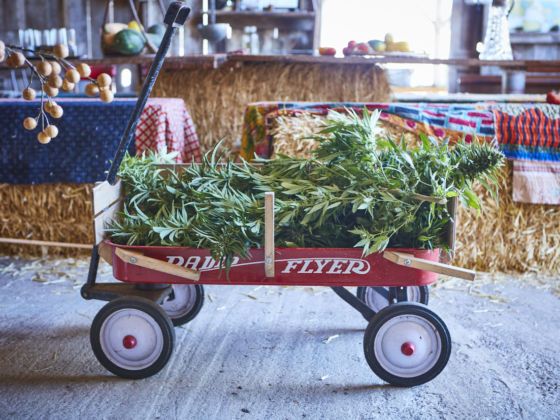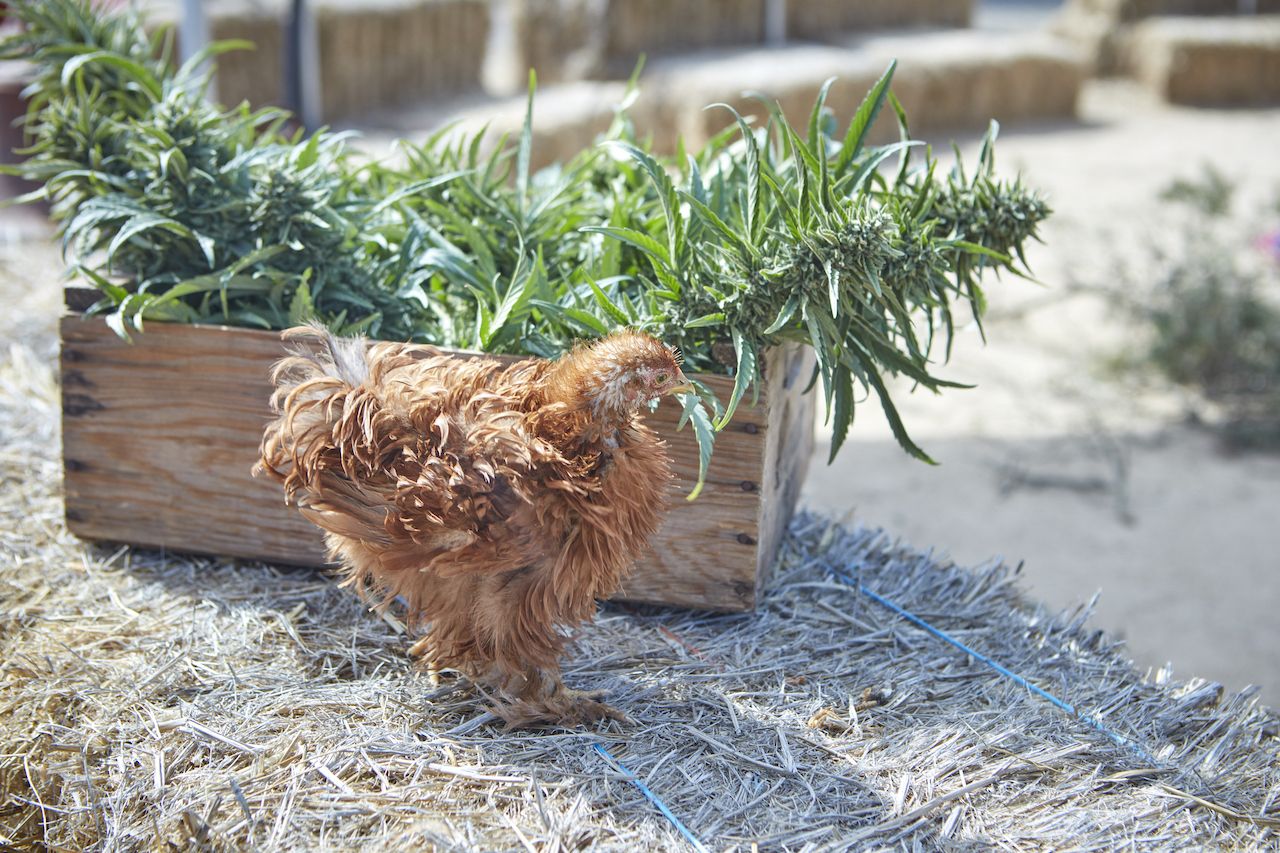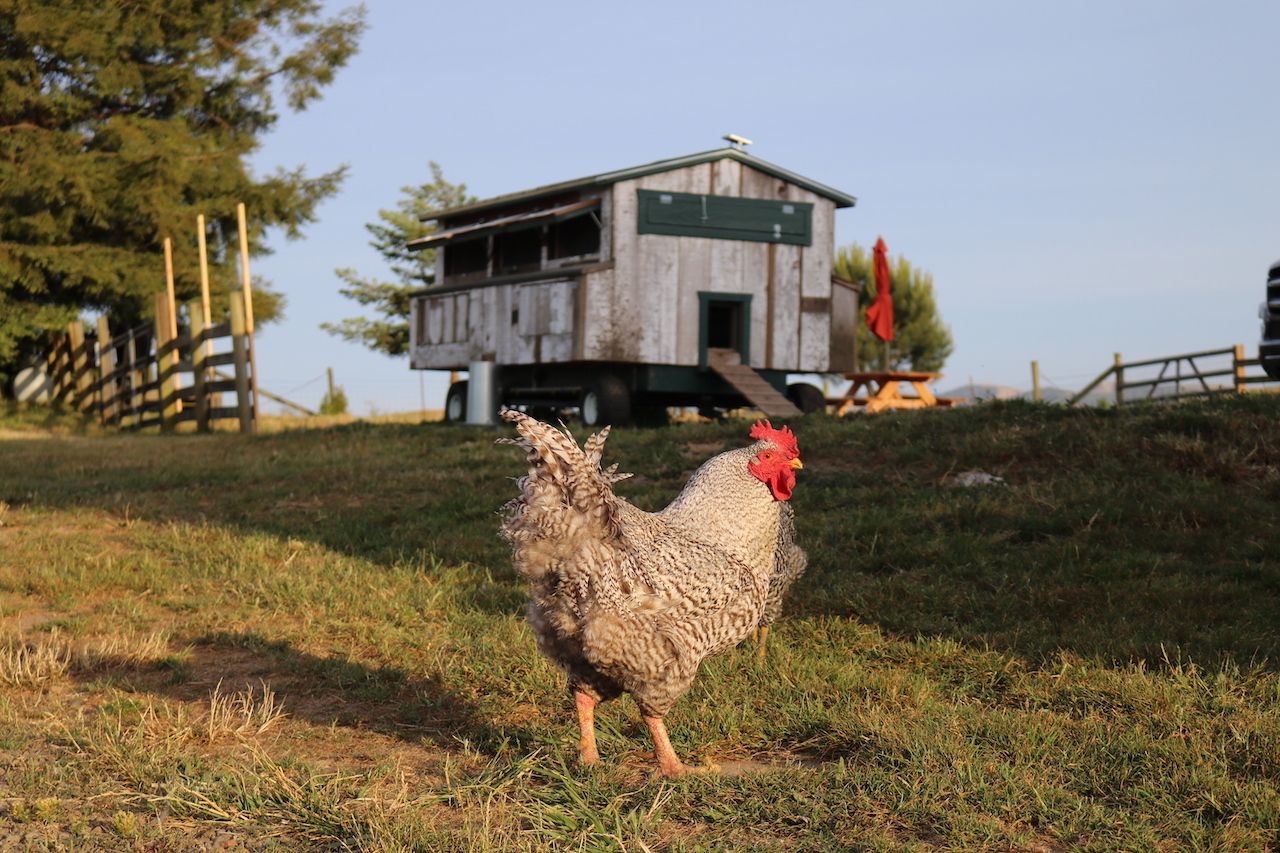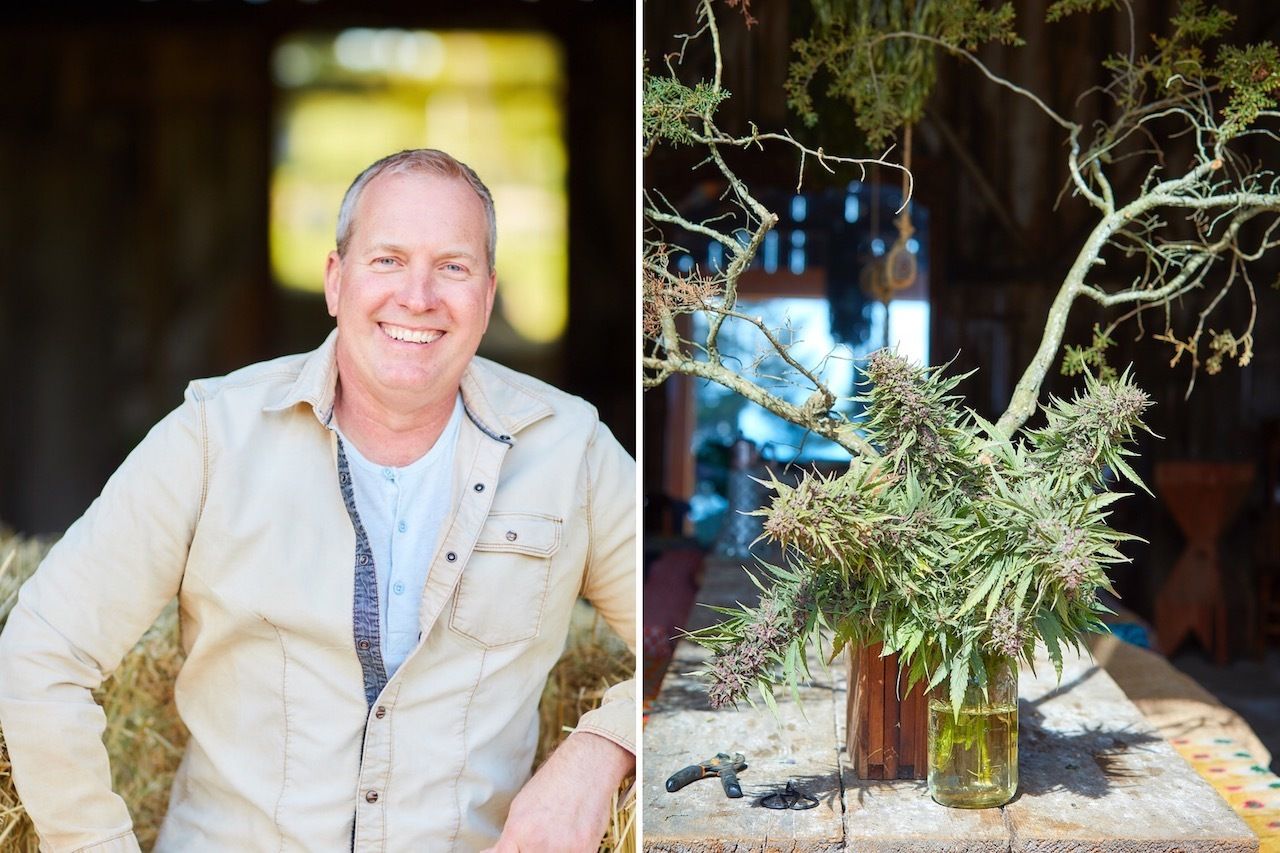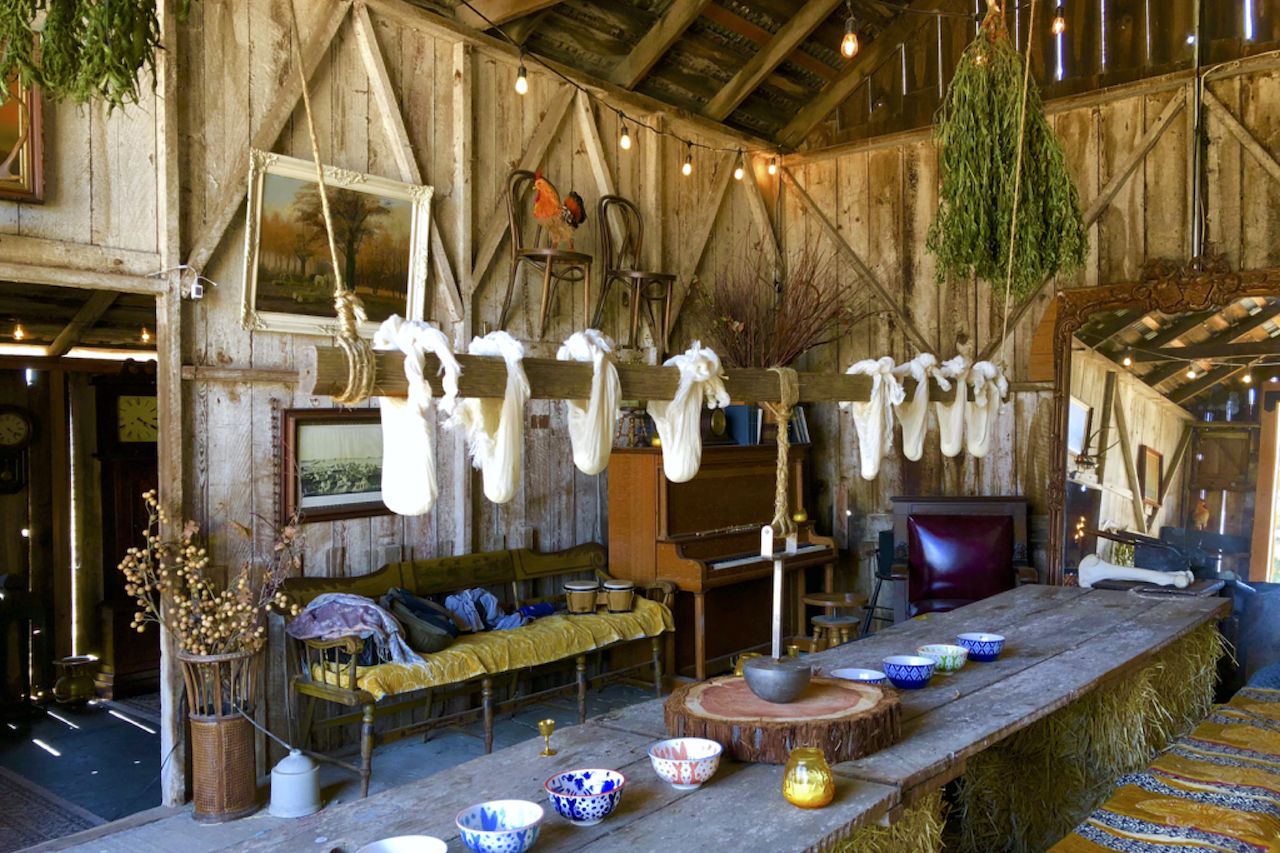You know cannabis has officially gone bougie when wine country gets involved.
A plant once banished to hidden grow houses in suspect parts of town is now flourishing in the sunny hills of California’s Petaluma Gap. Much like it has for food and wine, the valley’s terroir creates ideal conditions for finely cultivated cannabis, the kind of stuff people will travel here to enjoy with gourmet food and boutique wine.
That’s the hope, anyway, at Sonoma Hills, California wine country’s first premium craft cannabis farm, where standing among the rows of crops you’ll find the gardener once tasked with growing the vegetables for the venerable French Laundry.
Aaron Keefer, who spent his youth gaining an appreciation for plants and his adult life cultivating their flavors, is now the man wine country looks to to deliver a product once shrouded in mainstream stigma. He’s a brilliant combination of California curiosity and western New York work ethic, with just enough fearlessness to convince wine tourists he has cannabis worth traveling for.
